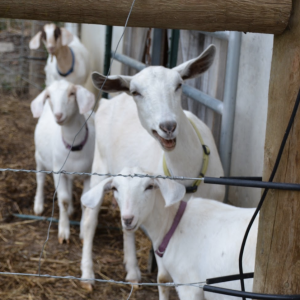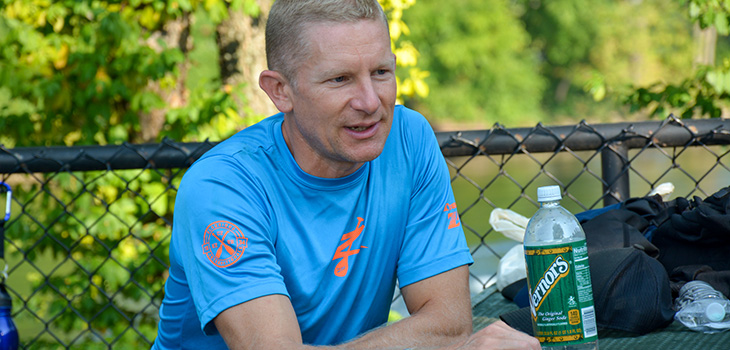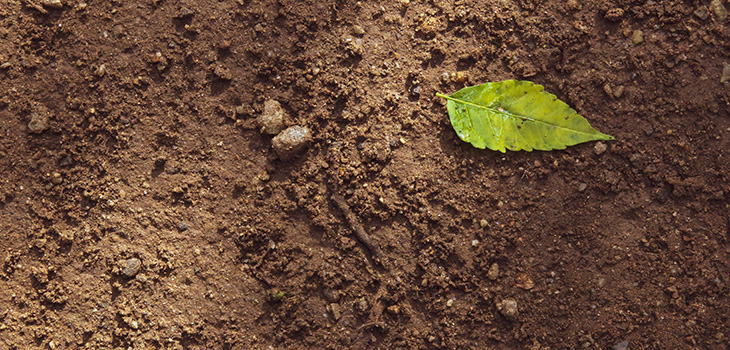 by Ruth Mischler
by Ruth Mischler
On February 2, I attended the Northern Indiana Grazing Conference in Shipshewana, Ind. I went because Sarah Fleck was giving a workshop called the Art and Science of Grazing. She has a farm in Northern Vermont and is a consultant for grazing farmers. Her particular expertise is working with 100% grass-fed animals.
Animal agriculture often gets a bad rap because overgrazing is an environmental problem. Most commonly, farmers use continuous grazing, where the animals are left in a pasture for an extended period. If livestock remain in a field too long, the plant species they prefer will be overgrazed, resulting in bald patches, while less desirable species remain unchecked.
Sara Fleck discussed management-intensive grazing systems, where the farmer makes careful decisions about when to move the animals to a new field based on the condition of the plants. If you are managing the animals well, grazing can actually improve the land. You’re building up soil organic matter and creating plant diversity. Good grazing practices create an ecosystem that is highly productive.



